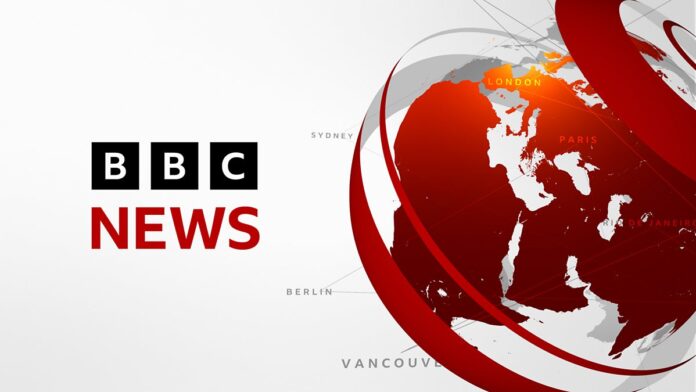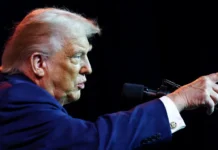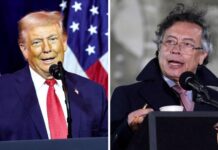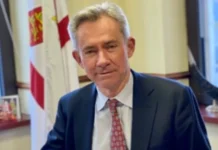Written by Were Kelly
The British Broadcasting Corporation is confronting a legal firestorm after President Donald Trump threatened to file a one-billion-dollar defamation lawsuit against the broadcaster, alleging that a recent Panorama documentary maliciously edited a clip of his speech to present a false and damaging narrative. The legal threat, communicated to the BBC in recent days, has prompted an internal review and reports that the corporation is preparing to issue an apology, with its chair privately conceding an “error of judgment” was made. This high-stakes confrontation between a sitting US president and one of the world’s most renowned public service broadcasters has ignited a fierce debate over media ethics, editorial freedom, and the weaponisation of libel law.
President Trump was unequivocal in his condemnation of the programme, stating on a social media platform, “This is the most dishonest and malicious editing I have ever seen. They will be held fully accountable for this defamation.” The specific complaint centres on how excerpts from a public address were sequenced and trimmed within the Panorama episode, which Trump’s legal team argues fundamentally altered the meaning and tone of his remarks. In a rare admission of fault from the typically resolute broadcaster, the BBC Chair acknowledged the gravity of the situation, saying, “Upon review, we acknowledge an error of judgment was made in the presentation of the footage, and we are taking the matter with the utmost seriousness.” This has done little to assuage concerns within the corporation about the broader implications of the presidential threat.
Media freedom organisations are watching the unfolding drama with deep apprehension. A director for a prominent media freedom advocacy group commented, “This is a classic SLAPP tactic—using the threat of a massive lawsuit to intimidate a news organisation and chill critical journalism. The sheer scale of the damages sought is designed to paralyse the BBC and send a message to other outlets.” The incident does not occur in a vacuum; it follows a series of public spats between Trump and the BBC, including his criticism of its coverage of the Glastonbury Festival and its reporting on the conflict in Gaza, which have led to internal tensions and the resignation of at least one senior executive.
The potential lawsuit places the BBC in a precarious position, caught between upholding its commitment to rigorous, impartial journalism and the practical realities of defending against a protracted, expensive legal battle with a litigious world leader. The UK’s media regulator, Ofcom, has previously described the editing issue as a “serious breach” of standards, adding further regulatory pressure. As the corporation’s board deliberates its next move, the fundamental question remains whether this legal threat will compel a more cautious editorial approach at the BBC, potentially undermining its role as a global standard-bearer for public service broadcasting. The outcome of this dispute may well set a precedent for how news organisations navigate the treacherous waters of reporting on powerful political figures in an era of intense scrutiny and legal aggression.



















